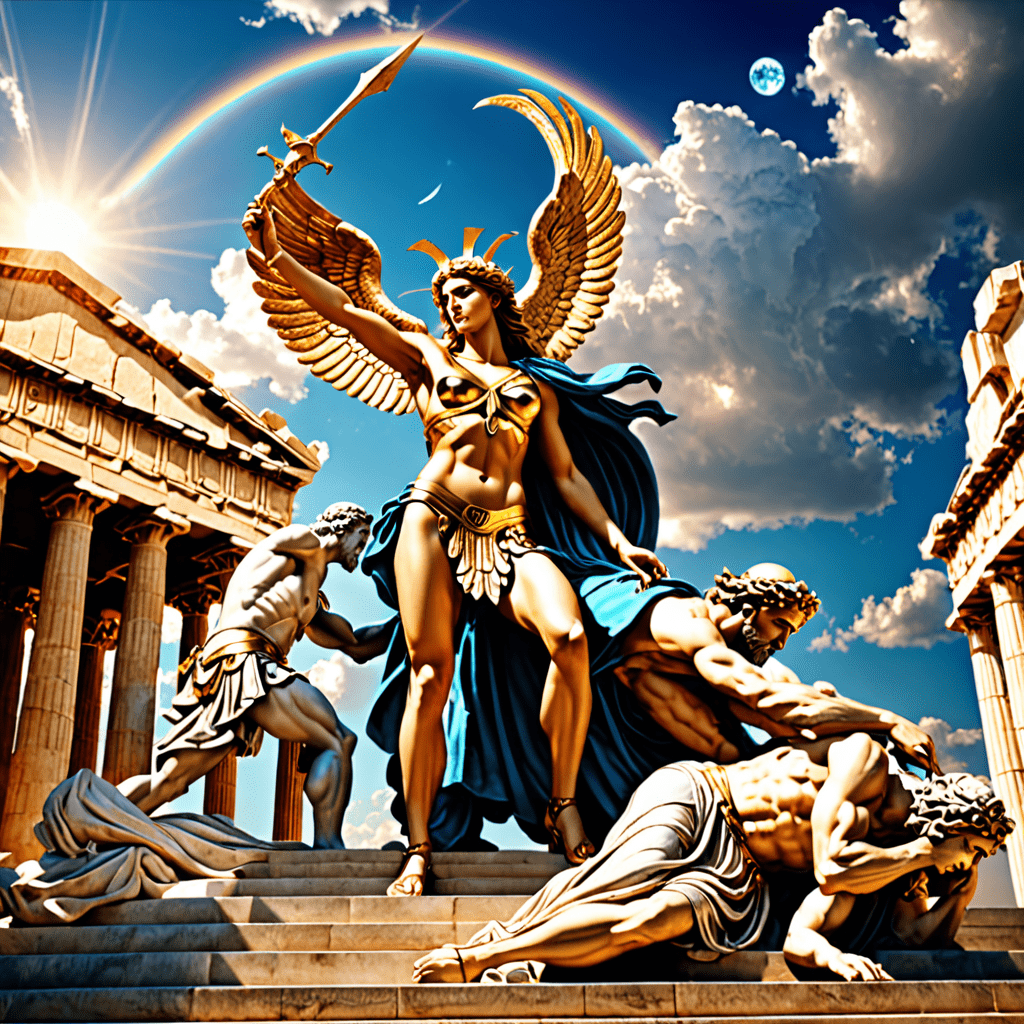Greek Mythology and the Concept of Dreams
Understanding Dreams in Greek Mythology
In Greek mythology, dreams were considered to be messages from the gods. The god of dreams, Morpheus, would often appear in the dreams of mortals, delivering messages, prophecies, and warnings. These dreams were believed to hold significance and were interpreted by priests and seers to understand their meanings. Dreams were seen as a powerful conduit through which divine guidance and communication were conveyed to mortals.
The Interpretation of Dreams in Ancient Greece
Dreams played a pivotal role in decision-making and predicting the future in ancient Greece. They were seen as a way for the gods to reveal their will and provide insights into forthcoming events. Proper interpretation of dreams was vital, and individuals often sought out priests or oracles to decode the hidden meanings within their dreams. Dream interpretation was a respected practice, and many significant events and outcomes were believed to be influenced by the messages conveyed through dreams.
Famous Dream Instances in Greek Mythology
Numerous Greek myths and legends are infused with the theme of dreams. One of the most renowned examples is the dream of King Agamemnon, who received a dream warning him not to go to war with Troy. Despite this warning, he ignored the dream, leading to catastrophic consequences. Additionally, the story of Oedipus features prophetic dreams that foretold his tragic fate, emphasizing the crucial role dreams played in shaping destinies in Greek mythology.
The Influence of Dreams on Greek Culture and Beliefs
Dreams were deeply ingrained in Greek culture and society, influencing beliefs, decisions, and actions. The interpretation of dreams was viewed as a way to access divine wisdom and guidance, offering insights that could impact both personal and collective destinies. The rich tapestry of dreams woven throughout Greek mythology showcases the profound significance attributed to dreams and their role in shaping the lives of mortals and gods alike.
FAQ: Greek Mythology and Dreams
What role do dreams play in Greek mythology?
Dreams hold significant importance in Greek mythology as they were believed to be messages from the gods. Dreams often foretold the future, delivered prophecies, or provided guidance to individuals in ancient Greek society.
Which Greek gods are associated with dreams?
One of the primary Greek gods associated with dreams is Morpheus, the god of dreams. Morpheus is known for shaping and appearing in dreams to deliver messages. Hypnos, the god of sleep, and his twin brother Thanatos, the god of death, are also related to dreams in Greek mythology.
What is the importance of dreams in Greek literature?
Dreams play a crucial role in Greek literature, serving as a narrative device to foreshadow events, convey divine messages, and explore the subconscious thoughts and desires of characters. Dream symbolism and interpretation often add layers of meaning to the storytelling in ancient Greek texts.
Can dreams in Greek mythology be prophetic?
Yes, dreams in Greek mythology were believed to have prophetic qualities. Individuals often sought guidance from oracles who interpreted dreams to understand their significance and implications for the future. Prophetic dreams were seen as powerful omens of what was to come.
How are dreams interpreted in Greek mythology?
Dream interpretation in Greek mythology





